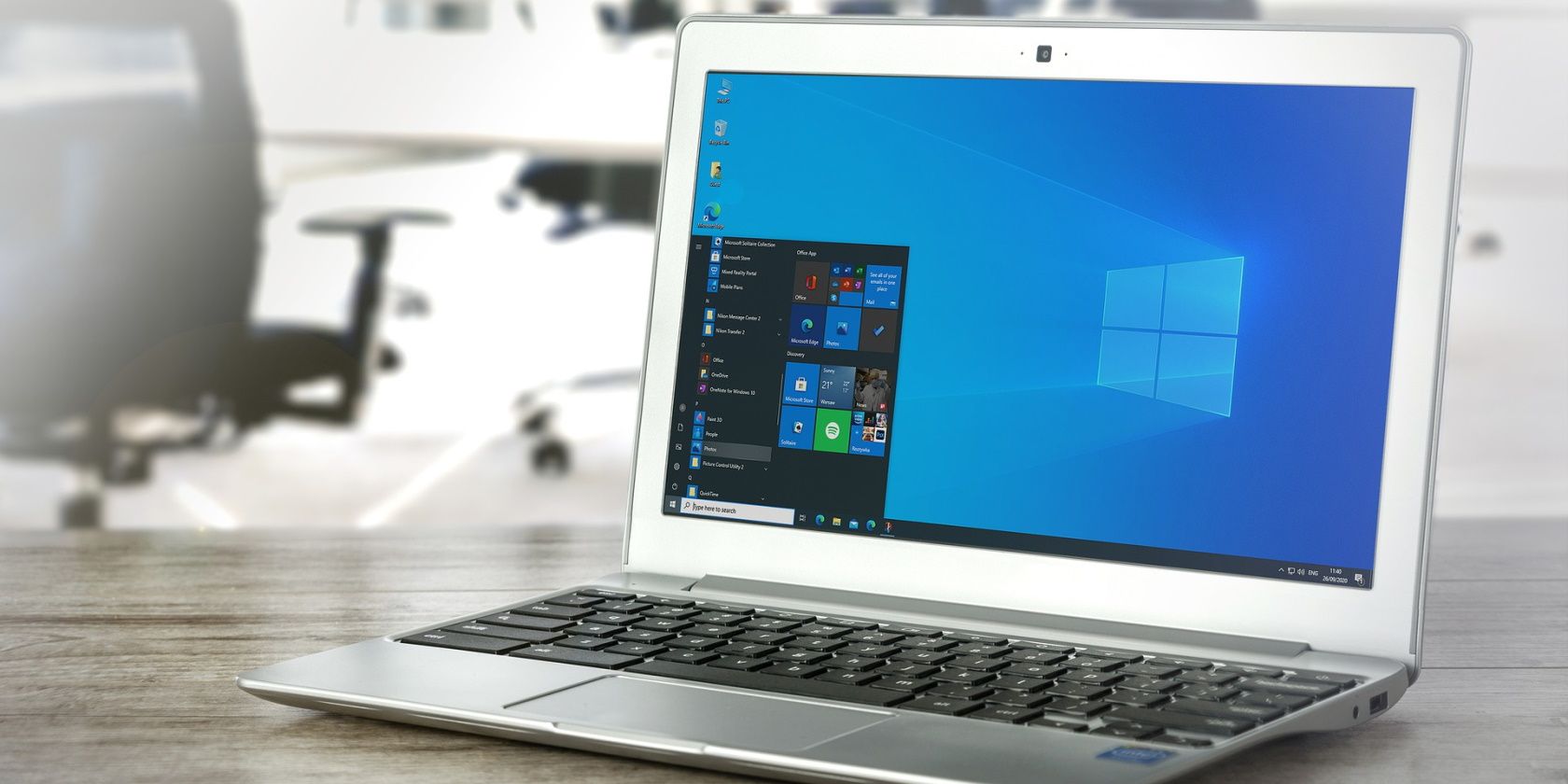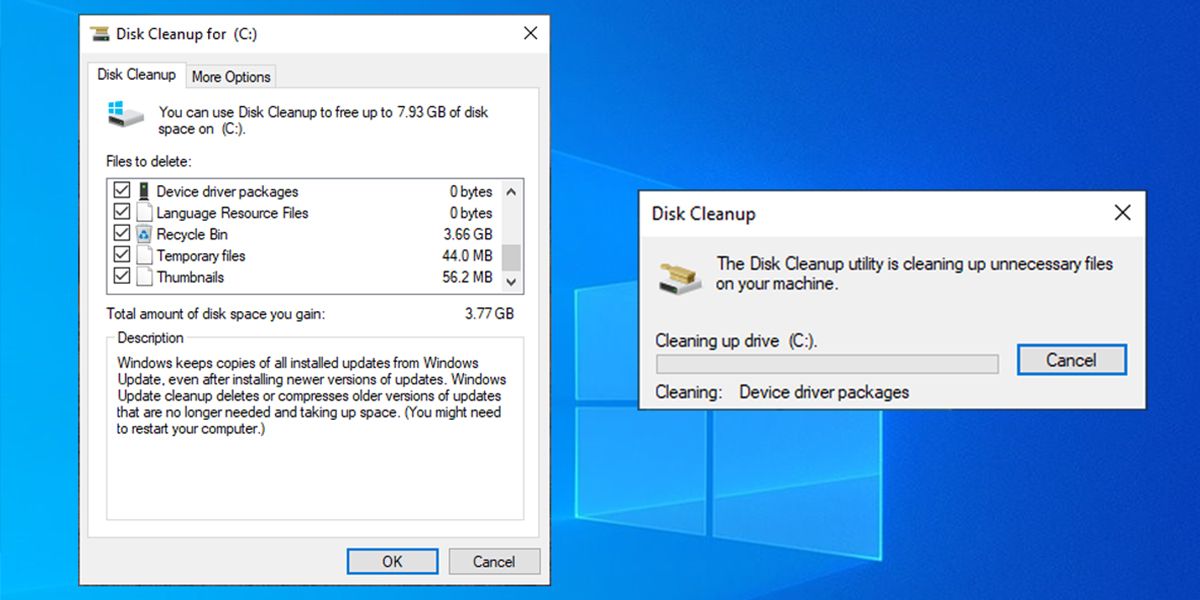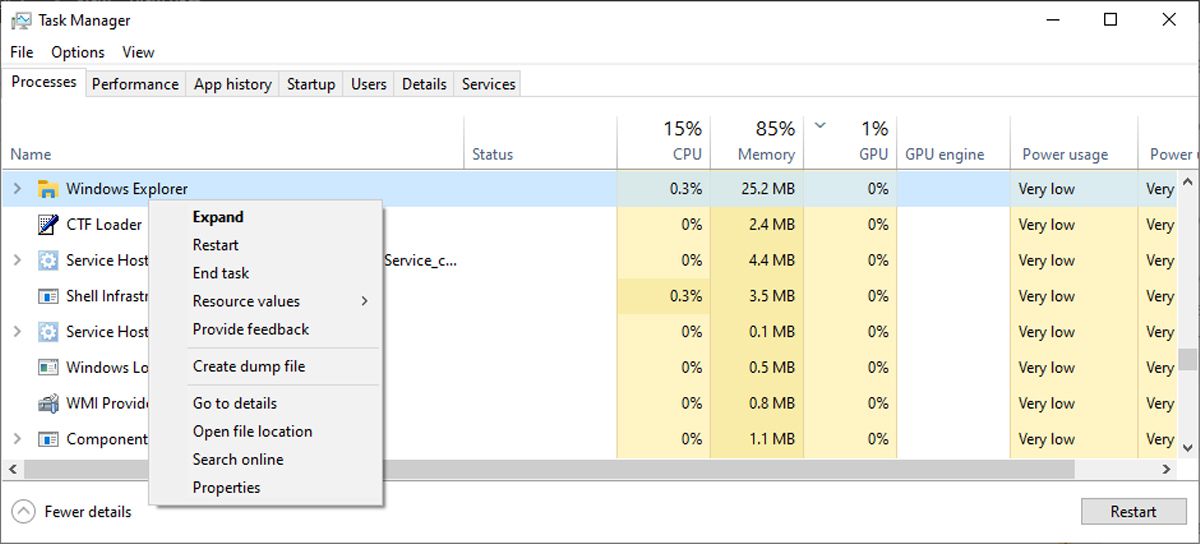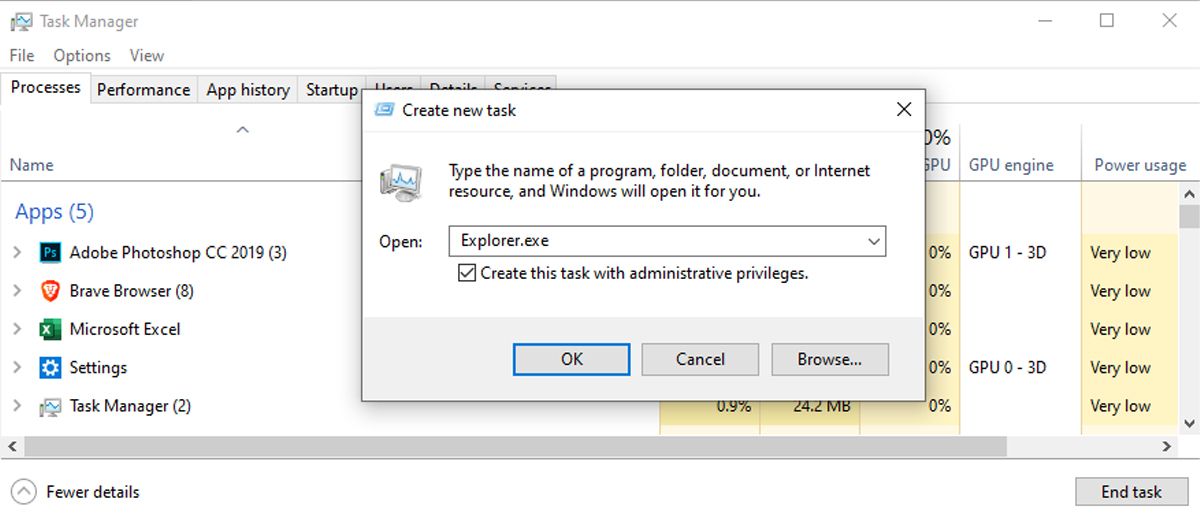
How to Fix Windows 10 When It Automatically Compresses Files
Is Windows 10 compressing everything, despite you not telling it to? Here’s how to stop it.
If your computer is running out of space, Windows might automatically compress files to save some free space.
Even if you have enough disk space, the compression issue could affect certain drives or folders due to inappropriate settings. If you’ve run into this problem, you know how annoying is to decompress all unnecessary compressed files every time you copy or download something. Fortunately, there are a few tricks that you can try.
1. Delete Unnecessary Files
If your computer is running low on free space, Windows is doing the right thing by compressing files and folders. Especially if your computer doesn’t have enough space for the latest Windows update.
The easiest fix for this problem is to free up some space on your disk. You can manually go through your drives and delete unnecessary files and folders. To take this a step further, you should remove temporary files and perform a disk cleanup.
To delete temporary files, launch Settings and head to System > Storage. There, select Temporary files and click the Remove files button.
Now, let’s run the Disk Cleanup tool:
- In the Start menu search bar, search for disk cleanup and select Run as administrator.
- Select the drive.
- Check which type of files you want to remove.
- Click OK to start.
2. Disable File Compression
There’s a chance Windows is still compressing files even if you’ve freed up some space on your computer. In this case, you should disable file compression.
3. Rebuild Icon Cache Database
A corrupt icon cache database might lead to the compressed files and folders problem. If you notice two blue arrows attached to the folders, you should rebuild the icon cache database.
Go through these steps to rebuild the database:
- Press Esc + Ctrl + Shift to launch Task Manager.
- Right-click Windows Explorer and select End task.
- Click File > Run new task.
- Check the Create this task with administrative privileges option.
- Type cmd.exe and click OK.
- Run the CD /d {5376dfc28cf0a7990a1dde1ec4d231557d3d9e6448247a9e5e61bb9e48b1de73}userprofile{5376dfc28cf0a7990a1dde1ec4d231557d3d9e6448247a9e5e61bb9e48b1de73}AppDataLocal and DEL IconCache.db /a command lines.
- Exit Command Prompt.
- In the Task Manager window, click File > Run new task.
- Type Explorer.exe and click OK.
- Restart your computer and check if Windows is still compressing files and folders.
No More Compressed Files
Hopefully, Windows stopped compressing your computer files and folders.
If you’re running into this problem often, you may consider a better strategy to free up disk space, upgrade your computer, or use a cloud storage service, so you can safely store your files and folders.
Read Next
About The Author





